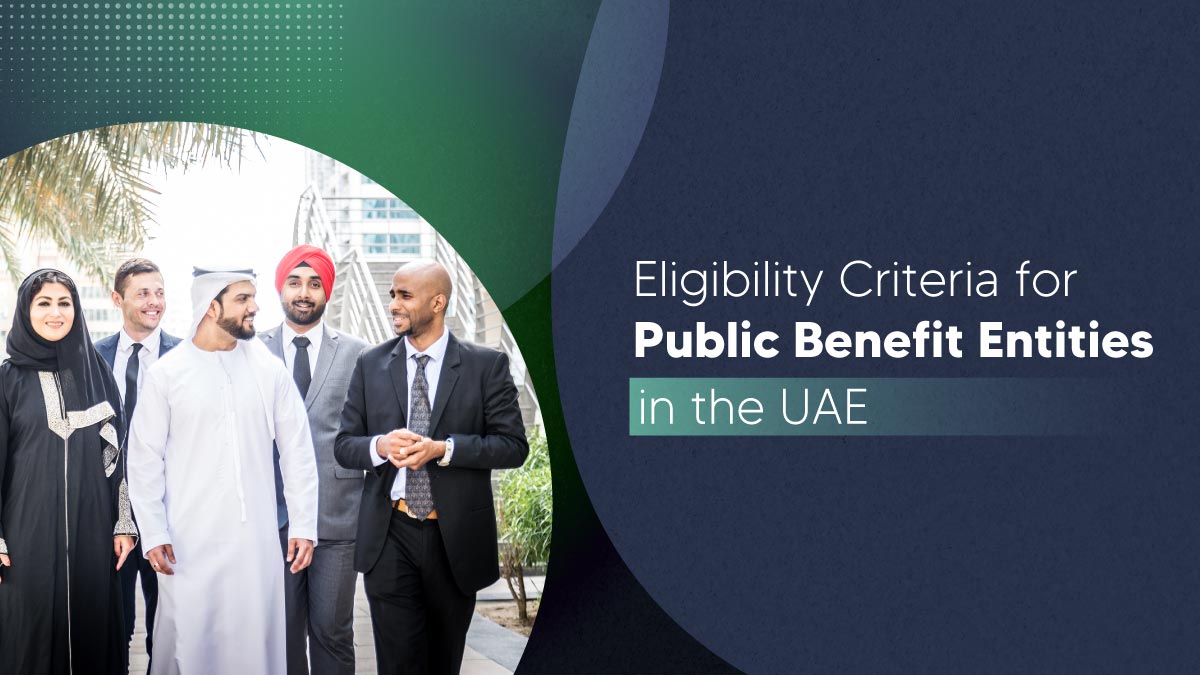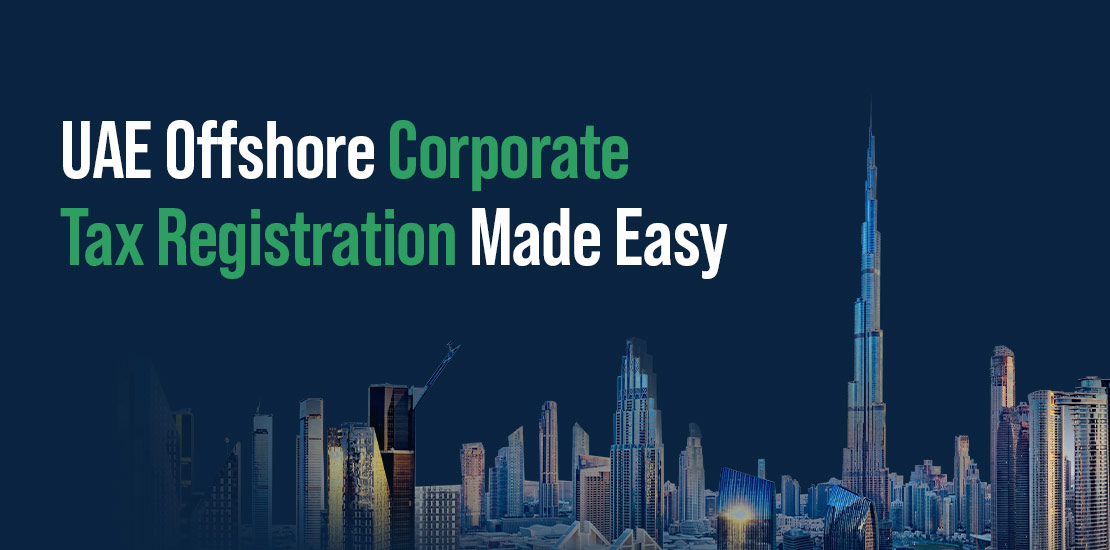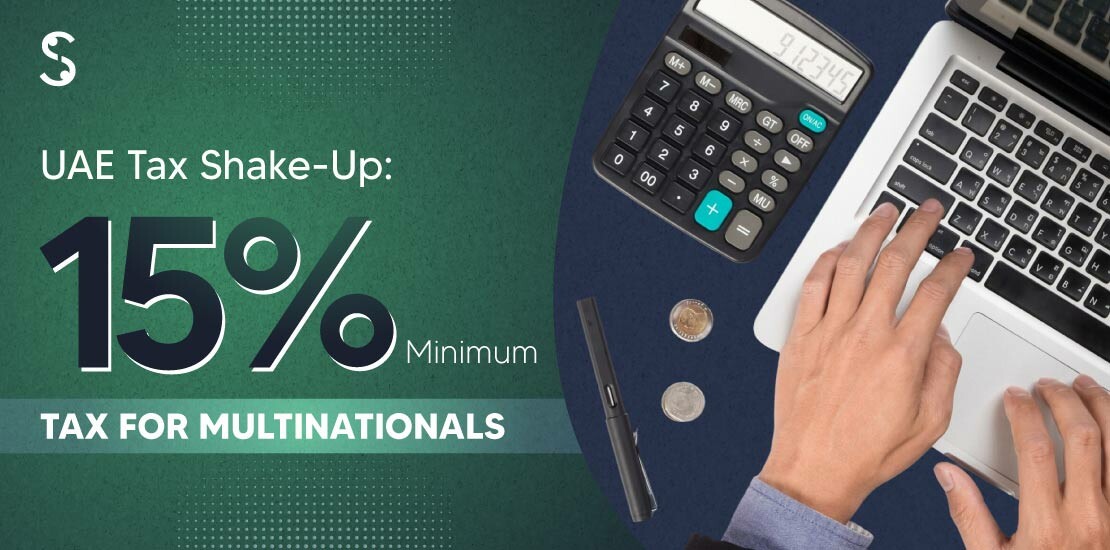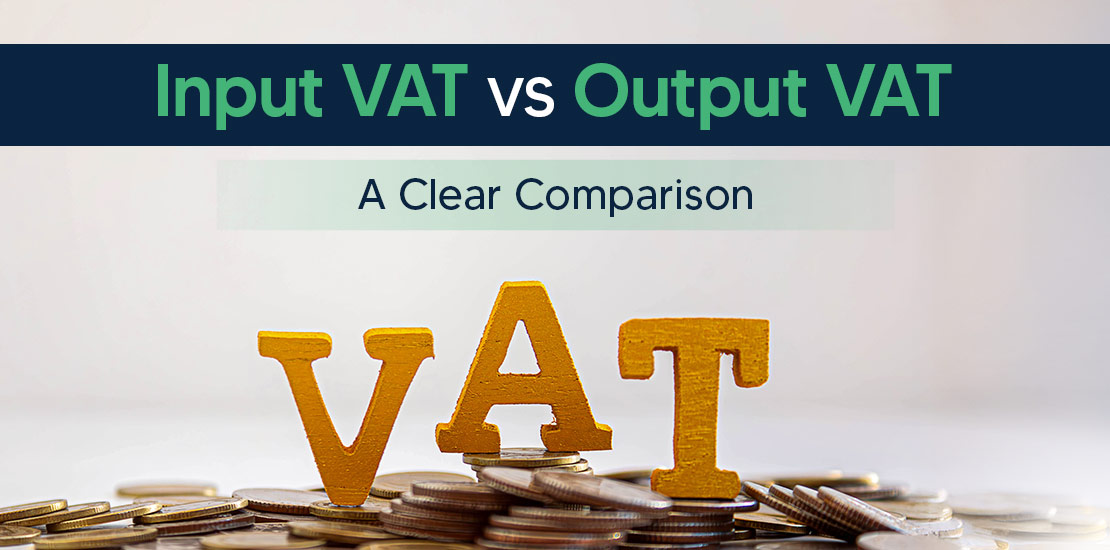Table of Contents
- What are the Qualifying Public Benefit Entities in UAE?
- Conditions for Public Benefit Entity Tax Exemption
- Compliance and Record-Keeping Requirements
- Tax-Deductible Contributions
- Implications of Non-Compliance
- How to Apply for Tax-Exempt Status as a QPBE
- Key Insights from Cabinet Decision No. 37 of 2023
- Examples of Recognized Qualifying Public Benefit Entity in the UAE
- How Shuraa Tax will help!
To establish a qualifying public benefit entity UAE, organisations must meet specific government criteria to ensure they align with the nation’s social and economic development objectives. These entities play a crucial role in contributing to the public good, whether through education, healthcare, environmental sustainability, or other vital sectors.
Understanding the eligibility requirements for a qualifying public benefit entity in the UAE is essential for organisations looking to operate within this framework and benefit from the advantages offered to such entities regarding tax exemptions, regulatory support, and funding opportunities.
What are the Qualifying Public Benefit Entities in UAE?
A qualifying public benefit entity in the UAE (QPBE) is established and operated exclusively for activities that serve the public interest. These activities include:
- Cultural preservation
- Religious purposes
- Environmental conservation
- Scientific research
- Humanitarian aid
- Charitable initiatives
- Artistic endeavors
- Educational programs
- Healthcare services
- Athletic development
- Animal protection
- Other similar objectives aimed at enhancing public welfare
Such entities play a significant role in fostering community welfare while strictly operating without pursuing personal or financial gain.
Conditions for Public Benefit Entity Tax Exemption
Purpose-driven establishment
Operate exclusively for public benefit activities, such as charitable, educational, or scientific purposes.
Maintain professional operations as an association, chamber of commerce, or similar organisation fostering social development.
1. Non-commercial activities
- Operate exclusively for public benefit activities, such as charitable, educational, or scientific purposes.
- Maintain professional operations as an association, chamber of commerce, or similar organisation fostering social development.
2. Non-commercial activities
- Avoid conducting business activities unrelated to public benefit objectives, ensuring no diversion of resources.
Financial Integrity
1. Appropriate income and asset use
- Allocate all income and assets solely to public benefit objectives or essential operational expenses.
- Prevent any financial gain for founders, members, shareholders, or trustees.
2. Government recognition
- Secure exemption approval from relevant federal or local government authorities.
- Enjoy corporate tax exemption starting from the tax period when the Cabinet officially approves the application.
Compliance with Corporate Tax Law
Adherence to regulations
- Submit substantial proof to the Ministry of Finance to confirm compliance with Corporate Tax Law requirements.
- Await a Cabinet-issued memorandum confirming the entity’s status as a qualifying public benefit entity in the UAE.
Compliance and Record-Keeping Requirements
To maintain their tax-exempt status, QPBEs must adhere to the standards defined in Cabinet Decision No. 37 of 2023:
Registration with the Federal Tax Authority (FTA)
- Obtain a Tax Registration Number (TRN).
- File an annual declaration within nine months of the fiscal year’s end.
Detailed record-keeping
- Preserve all financial statements, agreements, and proof of activities for at least seven years.
- Ensure transparency in all operational dealings and the use of income or assets.
Periodic reporting
- Regularly submit documents, including financial statements and operational summaries, to demonstrate compliance with public benefit objectives.
Tax-Deductible Contributions
Contributions such as donations, grants, or gifts made to a qualifying public benefit entity UAE are deductible for corporate tax purposes, provided the entity is listed under Cabinet Decision No. 37 of 2023. However, contributions to entities not listed as QPBEs do not qualify for tax deductions.
Implications of Non-Compliance
Failing to comply with regulations can lead to severe legal and financial consequences, impacting businesses and individuals alike.
Temporary Non-Compliance
In cases of unintentional or temporary failure to meet eligibility criteria:
- The entity must notify the FTA within 20 business days.
- Rectify discrepancies within 20 business days, with possible extensions.
Permanent Non-Compliance
Entities engaging in deliberate non-compliance or attempting to misuse tax-exempt status will face immediate revocation of their exemption.
How to Apply for Tax-Exempt Status as a QPBE
Below are the points which will help you to apply for tax-exempt status as a qualifying public benefit entity in the UAE
1. Prepare documentation
Submit governing documents, financial statements, and proof of activities aligned with public benefit goals.
2. Apply to authorities
Present an application to the local or federal authority for verification and approval.
3. Cabinet decision
The Cabinet will approve post-verification, officially recognising the entity as a qualifying public benefit entity in the UAE.
Key Insights from Cabinet Decision No. 37 of 2023
Enacted on April 7, 2023, this decision defines the framework for identifying and monitoring QPBEs eligible for tax exemptions. It emphasises:
- Transparent operations aligned with public benefit objectives.
- Timely reporting of any operational changes impacting compliance.
Examples of Recognized Qualifying Public Benefit Entity in the UAE
A Qualifying Public Benefit Entity in the UAE is an organisation that meets specific criteria set by local authorities, particularly those in charge of tax and charity regulations. These entities are typically granted certain benefits or exemptions in recognition of their public benefit activities. Here are examples of such entities:
1. Charities and Nonprofits
Organisations that provide social services, such as aiding vulnerable populations or promoting health and education, often qualify as public benefit entities. Examples include:
- The Red Crescent Authority: A humanitarian organisation offering aid and disaster relief.
- Dubai Cares: A charity focused on improving education systems in developing countries.
Healthcare Institutions
Public hospitals or clinics that serve the community by providing free or subsidised healthcare may qualify. Examples include:
- Al Ain Hospital: A government-owned healthcare facility providing affordable care to UAE residents.
- Dubai Health Authority (DHA): Oversees the public health sector in Dubai, ensuring equitable access to medical services.
Educational Institutions
Schools, colleges, or universities that promote higher education and contribute to social development. Examples include:
- Khalifa University: A leading research university in the UAE that supports technological and scientific development for the public benefit.
- Zayed University: A public university that provides affordable education to UAE nationals.
Cultural and Heritage Organizations
Entities focused on preserving and promoting the UAE’s cultural heritage may also qualify, such as:
- The Louvre Abu Dhabi: A cultural institution offering access to art and heritage, promoting education and understanding of global culture.
- Sharjah Heritage Museum: A museum dedicated to preserving Emirati cultural traditions.
Environmental Organizations
Entities dedicated to environmental conservation, such as:
- Emirates Wildlife Society: Focuses on protecting the environment and wildlife in the UAE.
When certified as Qualifying Public Benefit Entities in the UAE, these organisations are often entitled to certain tax exemptions or incentives that help further their public service missions.
How Shuraa Tax will help!
Meeting the eligibility criteria for a qualifying public benefit entity in the UAE is critical for leveraging tax-exempt status. Compliance with operational, financial, and reporting requirements ensures these entities continue their impactful work for the community.
For professional guidance on QPBE registration and compliance, contact us at +971508912062 or email us at info@shuraatax.com.













